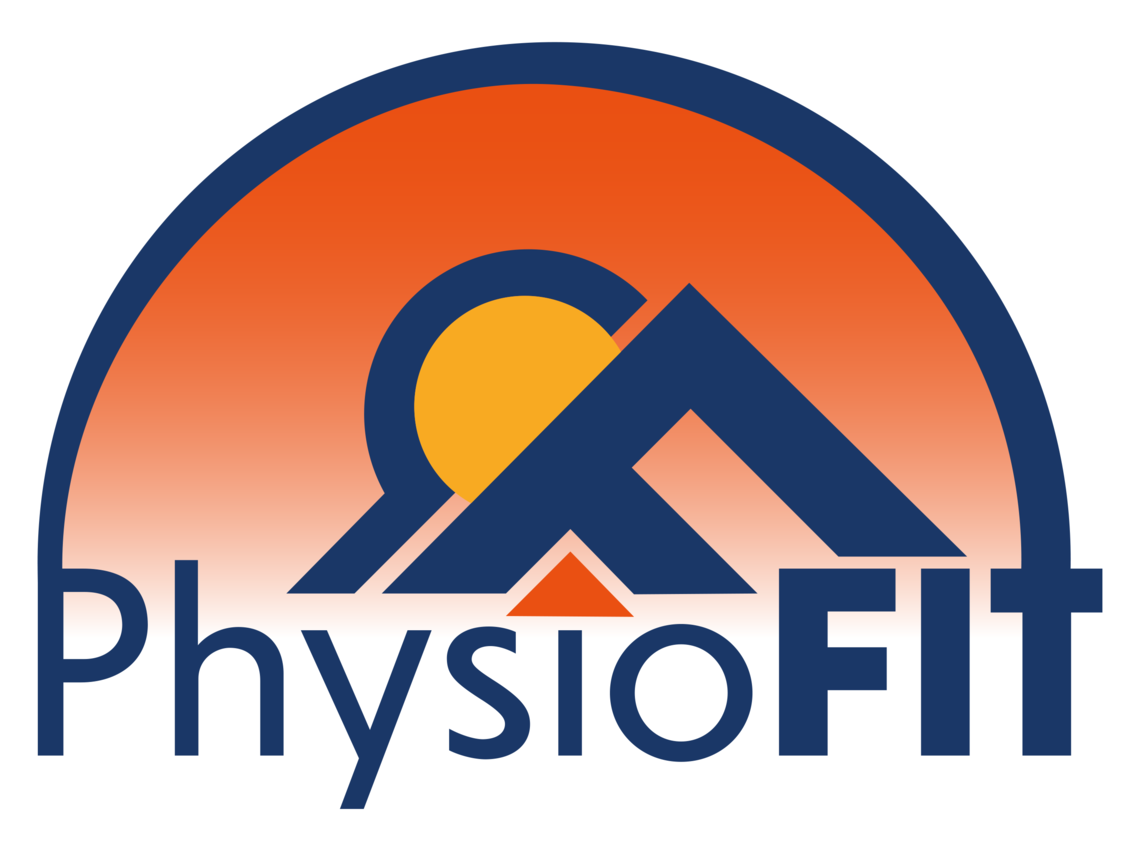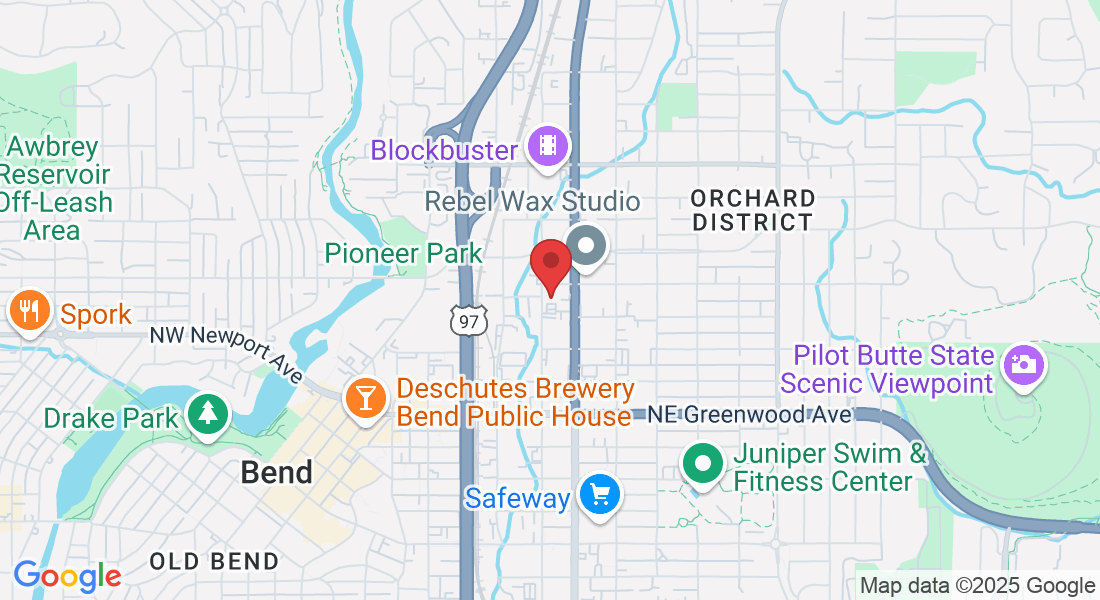Neck Pain Relief
Living Life Shouldn't Be Such a Pain in the Neck
Are you one among the millions experiencing "neck pain" and seeking relief? Neck pain is an everyday battle for roughly 10-20% of U.S. adults, leading to work absences, diminished life quality, and restricted physical activities. Consider us your guide, providing essential knowledge about neck pain and illustrating how we can assist you in restoring your well-being.
At PhysioFit, we are committed to delivering well-rounded neck pain treatments, expertly designed to align with every patient's specific condition and requirements. Our practice is rooted in a science-based, exercise-centric methodology of physical therapy, centered around individualized care plans for pain relief. Our vision transcends the mere alleviation of your neck discomfort; we strive to enhance your holistic health, diminish the chance of chronic or recurrent pain, and expedite your return to your routine activities.
What You Should Know
The most frequent injury resulting from car accidents is neck pain, accounting for nearly half, or 49%, of all vehicular injury cases.
Persistent neck pain may cause an array of complications, including depression, tension in relationships, anxiety, issues at work, hindrance in day-to-day tasks, and excessive tiredness.
Neck discomfort ranks third as a source of chronic pain.
A proper diagnosis of a neck problem involves a thorough evaluation from a professional.
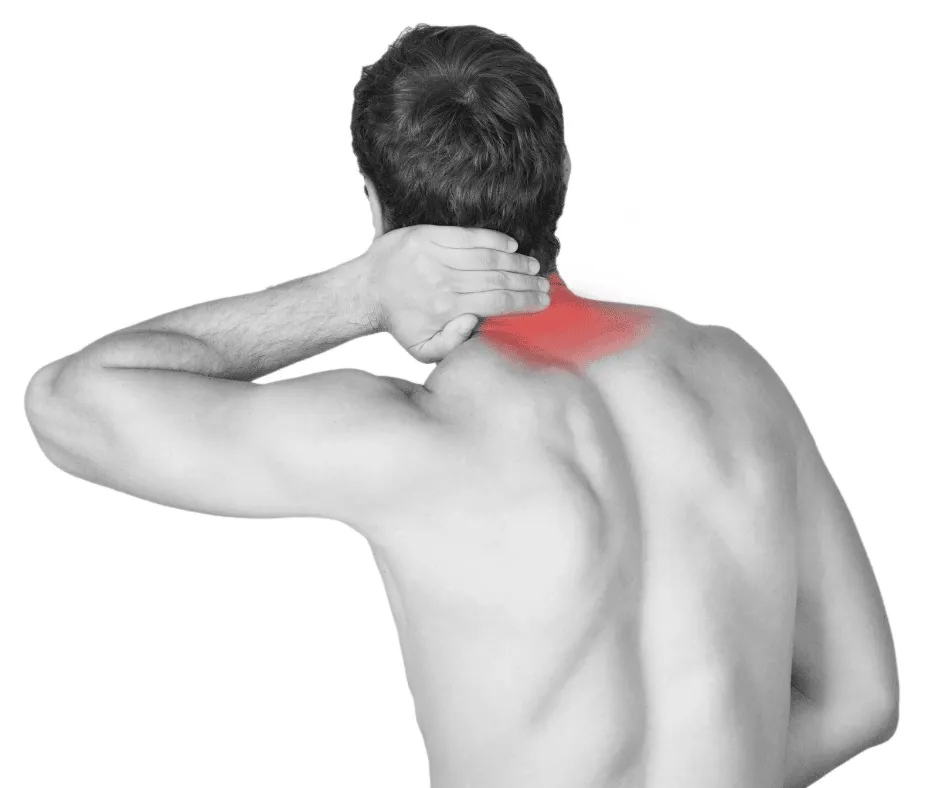
The Most Common Causes of Neck Pain
Neck pain, a common complaint that can arise from various sources, often disturbs the delicate balance of daily life. Whether it's the natural aging process, physical strain, mental stress, traumatic injury, abnormal growths, or an underlying health condition, the origin of neck pain can be multifaceted. Understanding these potential causes is a crucial step towards effective treatment and relief.
Neck discomfort can be attributed to several factors:
Age-related Deterioration: Aging can lead to natural wear and tear of the cervical spine, leading to degenerative conditions like osteoarthritis or spinal stenosis, which can provoke neck pain. Persistent stress and repeated movements can weaken spinal disks, potentially causing a herniated disk or a pinched nerve.
Physical Exertion: Repetitive or strenuous activities can overstrain neck muscles, resulting in stiffness and pain. Factors like poor posture, weak abdominal muscles, and excess body weight can misalign the spine, contributing to neck discomfort. Long hours spent in front of a computer, straining the neck, is a common contributor to neck pain.
Psychological Stress: Stress-induced muscle tightening can lead to neck stiffness and pain. Many individuals may unconsciously tense their neck muscles during periods of stress or agitation, only realizing it when the neck begins to hurt.
Injury: Trauma can damage muscles, ligaments, disks, vertebral joints, and nerve roots in the spinal cord, causing neck pain. Whiplash, a common neck injury resulting from car accidents, often leads to neck discomfort.
Abnormal Growths: Tumors, cysts, and bone spurs can exert pressure on neck nerves, inducing pain.
Underlying Health Conditions: Certain health conditions, including meningitis, rheumatoid arthritis, and cancer, may present neck pain as a symptom.
If any of this information resonates with your current situation, we urge you to schedule an appointment with us immediately. Don't let hip pain diminish your life quality - allow us to help you embark on the path to relief today.
Strategies for Negating Neck Pain
Strategies can be implemented to mitigate neck discomfort related to muscle strain or tension. They are as follows:
Adopt Healthy Posture Habits: Arrange your devices such as computers and phones to prevent neck strain or slouching while using them. Ensure your shoulders are aligned, your back is straight while seated, and your neck isn't strained. Fine-tune your car seats for proper posture during transit.
Optimize Your Sleeping Position: Retain good posture even during sleep. Use a pillow for head support to align your head and neck with your body if you sleep on your side or back. For back sleepers, consider placing a pillow under your knees to lessen lower back pressure. Avoid stomach sleeping with a turned head.
Stay Mobile: Utilize exercises meant for neck pain relief to also prevent it. If your job requires prolonged sitting, incorporate occasional breaks for stretching and mobilizing, including neck muscles.
Avoid Shoulder-Borne Heavy Loads: Refrain from carrying substantial weights like book bags or suitcases on your shoulder. Opt for wheeled luggage or bags instead.
Strengthen Your Upper Back Extensor Muscles: Age-related weakening of the upper back is normal, causing the shoulders to stoop and the head to tilt forward. This posture puts extra strain on your neck and upper back.

Common Symptoms of Neck Pain
Experiencing headaches
Sensation of numbness or a tingling feeling, akin to 'pins and needles', in your shoulders or arms.
Inability to rotate the neck or incline the head
Rigidity in the neck, shoulder, and upper back regions
A radiating pain extending from the neck down to the shoulders or arms
An intense sensation of stabbing or burning
A continuous, nagging discomfort
Remember, if you resonate with any of the symptoms or conditions mentioned, we highly recommend making an appointment with us for a thorough evaluation and personalized treatment plan.
Please Note: The information provided on our website is intended for general education and is not a substitute for professional medical advice. Each individual's situation and body is different. Therefore, what may work for one person may not work for another. We care about your well-being and advise you to reach out to us to discuss your specific needs before implementing any advice from our website.
Your Source for All Things Physical Therapy in Bend Oregon
The PhysioBlog

Why Every Golfer Would Benefit From a TPI Assessment for Better Performance
Discover how a TPI Golf Assessment at PhysioFIT Bend pinpoints physical limitations, mobility, strength, balance to unlock more power, consistency, and pain-free play. Book your screen and transform y... ...more
Back Pain ,Knee Pain Neck Pain & Headaches Outdoor Activities Shoulder Pain Fitness &Arm & Wrist
July 14, 2025•5 min read
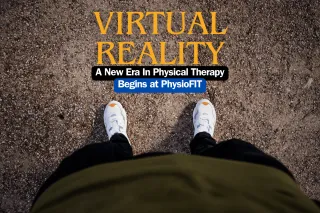
PhysioFIT's VR Edge: Pioneering a New Era in Physical Therapy in Bend
Revolutionize your rehab experience with PhysioFIT in Bend, Oregon! Discover our unique VR-based physical therapy, blending cutting-edge tech and expert care for unparalleled recovery and engagement. ...more
Back Pain ,Knee Pain Neck Pain & Headaches Outdoor Activities Shoulder Pain Fitness &Arm & Wrist
December 02, 2023•6 min read
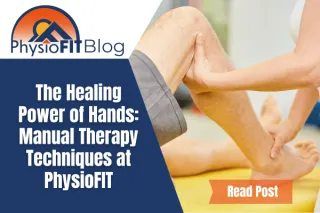
The Healing Power of Hands: Manual Therapy Techniques at PhysioFIT
Discover PhysioFIT's manual therapy magic! Explore specialized treatments like joint mobilizations and myofascial release that boost recovery and musculoskeletal health. Dive into a transformative jou... ...more
Back Pain ,Knee Pain Neck Pain & Headaches Outdoor Activities Shoulder Pain Fitness &Arm & Wrist
September 04, 2023•10 min read
Copyright PhysioFIT 2025 . All rights reserved
